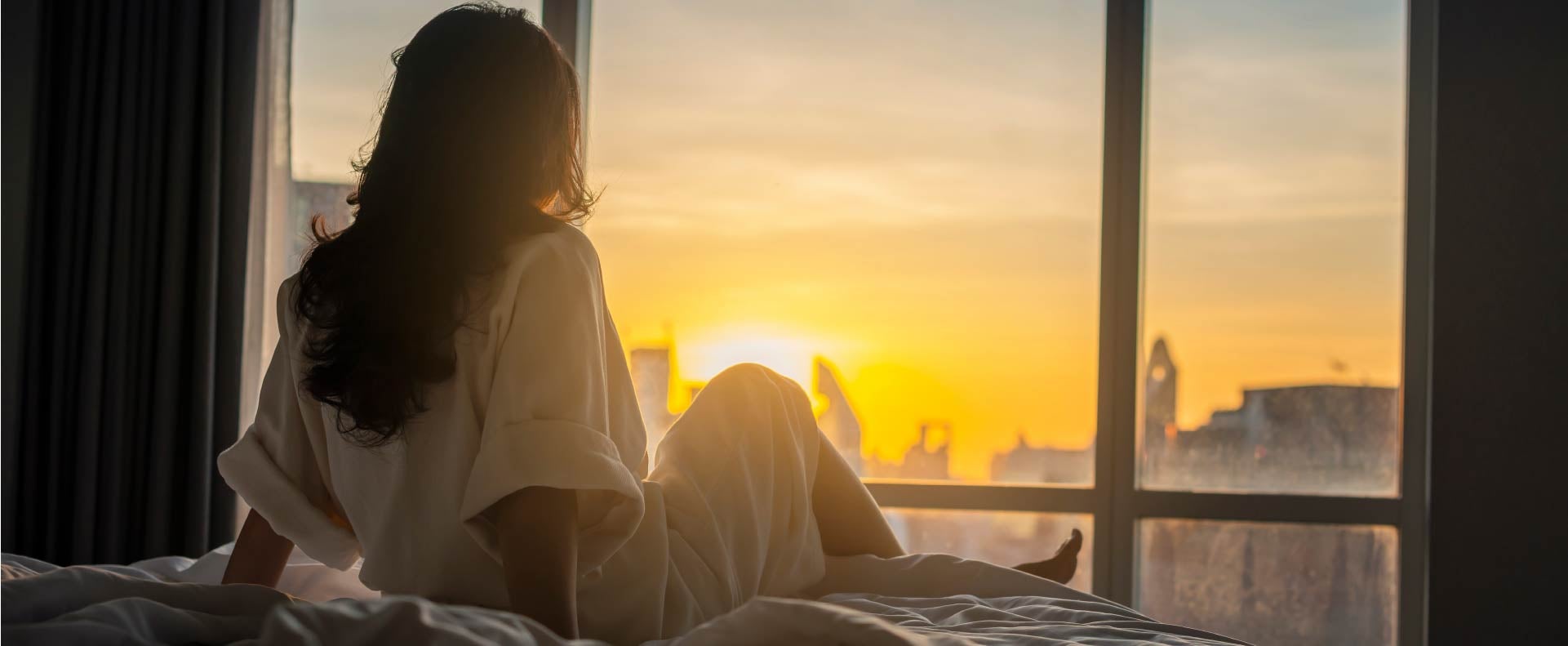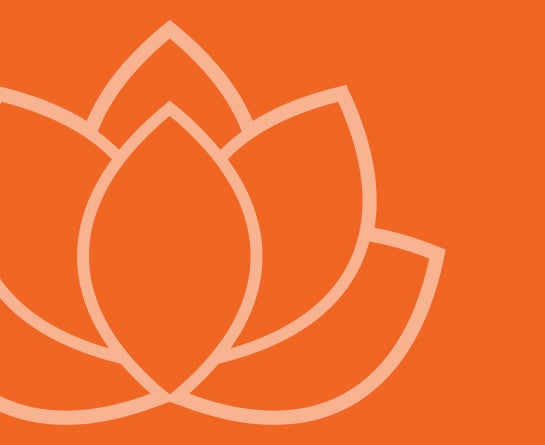Mollie McGlocklin is helping people wake up to the fact that sleep is more than an automatic process, it’s a skill that can be learned and improved. She created the company, Sleep Is A Skill, and hosts The Sleep Is A Skill Podcast. Sleep Is A Skill optimizes people’s sleep through a unique blend of technology, accountability, and behavioral change.
Like many of us, Mollie was ignoring her body’s signals and using her “bootstraps” to keep going no matter what. A Type-A entrepreneur in a high-stress environment, Mollie kept pushing herself through anxiety, ulcers, and even shingles. She wasn’t connecting that her body was trying to tell her that something wasn’t working. After navigating a serious case of insomnia while traveling internationally, she created what she couldn’t find - a place to go to learn the skill set of sleep.
With a background in psychology and behavioral change, she became fascinated with chronobiology (the science of time and how it affects our health and wellbeing) and its practical application to sleep and our overall experience of life. Knowing the difference between a life with sleep and without, she’s now dedicated her life to sharing the forgotten skill set of sleep.
This episode of Sunlighten Spotlight is an education on our body’s sleep process, and offers some enlightening insights, practical tips, protocols, and hope for anyone struggling to improve their sleep. Mollie McGlocklin and our Co-Founder, Connie Zack, explore a lot of information about how to entrain habits, behaviors, and thoughts throughout the course of the day to impact sleep results.
Because sleep is something that “just happens,” it’s something we can take for granted until it isn’t happening. Mollie educates people about why sleep is a skill they can learn. With an understanding of chronobiology, people can learn to build their sleep skill set. Some of the topics she covers in this conversation include:
- Sleep is one of the most important foundations for good health; getting it handled is so important
- How sleep is a skill, not just an innate process
- Transforming the conversation about sleep can interrupt preconceptions and labels
- Creating excitement, curiosity about what happens, and how, can be rewarding
- Why connecting to the rhythms of nature is important (circadian rhythm)
- Your circadian rhythm is a spectrum from weak to strong. The things you do and the choices you make all day long impact the strength of your rhythm to set you up for sleep (or not)
- Three key “zeitgebers” (“time givers” = light, temperature, eating) that cue the regulation of the body's circadian rhythms
- Tips for people who wake in the middle of the night
- Why waking up at the same time every day helps
- What social jetlag means and the impact it has on sleep
- How blood glucose levels affect sleep
- Why you don’t have to accept a mental tape that you are just a “bad sleeper” or “can’t sleep”
Experiment with different times to see what works for your body. Conflicting research about timing (day or night) shows that it affects people’s bodies differently. Body temperature is meant to fluctuate. During the day and with activity, your body temperature will be warmer. In the evening, you should see a drop in temperature that will cue the body to unwind and prepare for sleep. Taking that into consideration, Mollie’s recommendations include:
Morning Sauna - Morning heat can facilitate energetic movement in the day. Pairing a cool activity with a sauna session creates complimentary benefits of both. When saunaing in the morning, we recommend using a yellow or orange light with Sunlighten’s chromotherapy to further signal the body that morning is here, and it is time to take on the day.
Evening Sauna – Evening heat can facilitate the body’s cooling process and help with relaxation. Create a ritual to close the day and wind down with a hot shower, bath, or sauna before bed. Give your body time to bring your heart rate and temperature down before going to bed. For those that enjoy contrast therapy you can start your day with the cold plunge for a great boost of energy and the support needed to start warming the body for the rest of the day.
Technology:
D Minder app (tracking sun exposure)
Time Shifter app (strategically planning light exposure)
Book:
The Circadian Code by Satchin Panda (meal timing/circadian rhythm intermittent fasting)
Check out lots more free resources to support your own sleep at SleepIsASkill.com, including a free Sleep Assessment, weekly newsletter, weekly podcasts with sleep experts.
Mention Mollie and Sleep is a Skill to get a discount.



